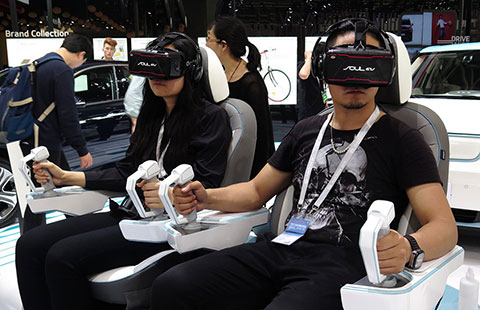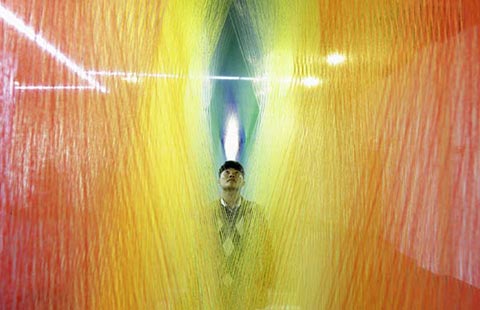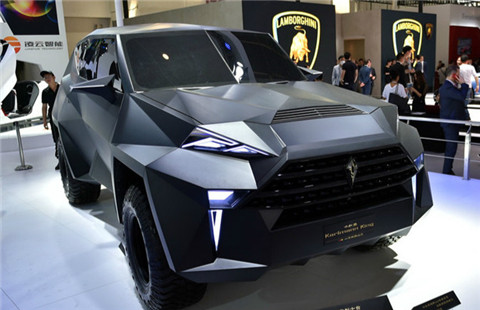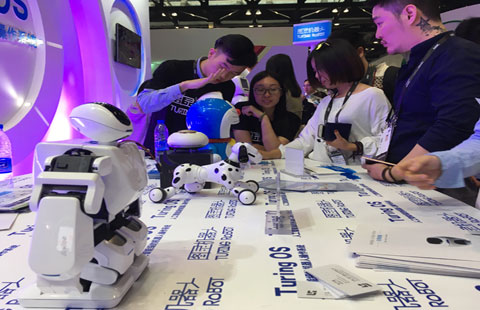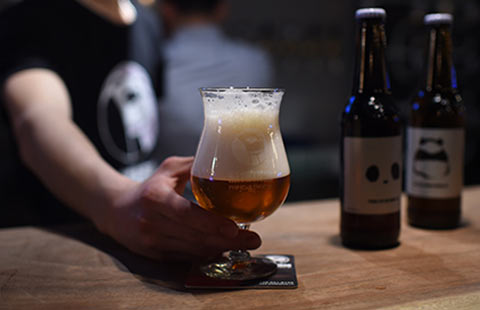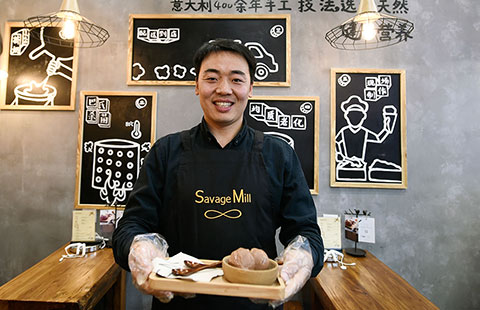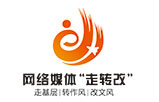Purefine aims to tap into thriving formula market
By Xu Junqian (China Daily) Updated: 2016-05-03 08:17Purefine Nature, a fast-growing Australian family brand, announced it will officially launch its formula milk products in the Chinese market to cater to the demand for foreign products.
The first product will be on sale, both in supermarkets and China's largest e-commerce retailer Tmall, in July, and is expected to be available in 50 cities by the end of this year.
"We don't want to just sell baby formula here, but also redefine the home market in China, which now is now fragmented," said Ken Smith, chairman of Purefine Nature and also chairman of the Australia-China Business Council Victoria.
Smith was a member of the 1,000-strong business delegation, the largest to date, which visited China under the Australia Week China 2016 program, led by Prime Minister Malcolm Turnbull, in April. The company planned to penetrate "the most important overseas market" starting with its milk powder and introduce at least six products, including infant supplements and diapers, within one year.
Having spent two years studying the market for infant formula, which has been dubbed "white gold" in China, the company, which is targeting mothers born after 1985, defined the new generation of Chinese parents as less price-sensitive and eager to learn about the manufacturing of products.
The formula offered by Purefine Nature under the brand Berex will retail at around 300 yuan ($46) per can, which is considered as the medium- to high-end category in the industry.
Earlier in April, 17,000 cans of fake-brand infant formula were found to have been manufactured and sold nationwide, according to the official website of the Supreme People's Procuratorate.
Following that, the tariff department of the Ministry of Finance said in a statement on April 13 that all infant formula sold in China, including that purchased through cross-border e-commerce, must be registered with the country's food and drug authorities.
The new policy will be effective from 2018.
Statistics from research firm Nielsen Holdings Plc estimated that China's infant formula market was 60 billion yuan in 2013 and would keep growing at a compound annual growth rate of 14 percent to reach more than 100 billion by the end of 2016.
Imported milk had a 54 percent market share, up from 30 percent before 2008, when a big food safety scandal broke out, in which some milk and infant formula were found to have been adulterated with melamine.
Song Ye, a dairy industry analyst with the Distribution Productivity Promotion Center of China Commerce, estimated that more than 80 percent of foreign infant formula brands entered the market after 2008.
Smith said the official implementation of the China-Australia Free Trade Agreement, which was signed in June 2015, could also help the company better tap into the market, which boasts a large population of nearly 150 million wealthy middle-class consumers.
- ChAFTA already 'delivering' on trade
- China's manufacturing activity rebounds to nine-month high
- Hongda sees big demand for biometric ID systems
- Online literature is inspiring top-grossing Chinese movies
- Financial world watches China to assess effect of the tax reform
- Cosmetics maker Shanghai Jahwa acquires Tommee Tippee owner
- Officials delink VAT, rise in hotel room rates
- Covestro upbeat on manufacturing sector

